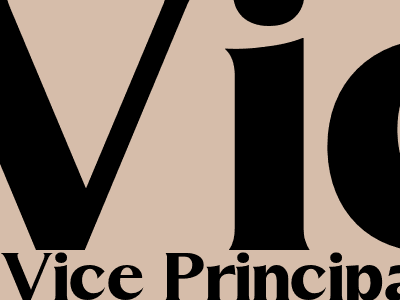
Vice Principal
AI vs. Human Content Writing: A Comprehensive Analysis
Introduction
In the rapidly evolving world of digital marketing, artificial intelligence (AI) has taken center stage, transforming various aspects of online content creation. One area that has been significantly impacted is blog post writing. While AI-generated content has its advantages, it also poses challenges that demand careful consideration. This in-depth analysis aims to provide a comprehensive understanding of the strengths, weaknesses, and implications of AI vs. human content writing.
Advantages of AI Content Writing
- Efficiency and Productivity: AI algorithms can generate content quickly and efficiently, freeing up human writers to focus on more strategic tasks.
- Scalability: AI can produce large volumes of content, making it suitable for websites and platforms that require a steady stream of updates.
- Cost-Effectiveness: AI-generated content is generally more cost-effective than human-written copy, as it eliminates the need for hiring writers or freelancers.
Disadvantages of AI Content Writing
- Lack of Creativity: AI algorithms follow predefined rules and patterns, which can result in content that lacks originality and creativity.
- Factual Inaccuracy: While AI can access vast amounts of data, it may not always be able to distinguish between accurate and inaccurate information, leading to potential factual errors.
- Bias and Discrimination: AI algorithms can inherit biases from the training data they are fed, which can result in content that is biased against certain demographics or perspectives.
Advantages of Human Content Writing
- Creativity and Originality: Human writers bring a unique perspective and creativity to their work, resulting in content that is engaging, memorable, and thought-provoking.
- Accuracy and Authenticity: Human writers possess the ability to conduct thorough research and verify information, ensuring the accuracy and authenticity of their content.
- Emotional Connection: Human writers can understand and convey human emotions in a way that AI algorithms cannot, fostering a deeper connection with readers.
Disadvantages of Human Content Writing
- Time-Consuming and Expensive: Hiring human writers is more time-consuming and expensive than using AI, especially for large-scale content production.
- Subjectivity and Bias: Human writers can be influenced by their personal experiences and perspectives, which may introduce subjectivity and bias into their content.
- Scalability Limitations: Human writers have physical limitations in terms of the amount of content they can produce within a given timeframe.
The Future of Content Writing: AI and Human Collaboration
While AI has advanced significantly in content generation, it is unlikely to completely replace human writers in the near future. Instead, the future of content writing lies in the collaboration between AI and human writers. By leveraging the strengths of both, organizations can create high-quality content that is both efficient and compelling. AI can assist human writers with tasks such as generating ideas, checking for factual accuracy, and optimizing content for search engines. This frees up human writers to focus on creating more creative and engaging content that resonates with audiences.
Conclusion
The debate between AI and human content writing is complex and multifaceted. While AI offers advantages in terms of efficiency and scalability, it falls short in creativity and emotional connection. On the other hand, human writers excel in creativity and accuracy but face limitations in productivity and cost-effectiveness. The future of content writing lies in the collaboration between AI and human writers, where each plays a complementary role to create high-quality content that meets the demands of the digital age.

Komentar